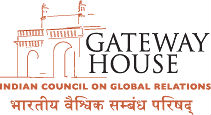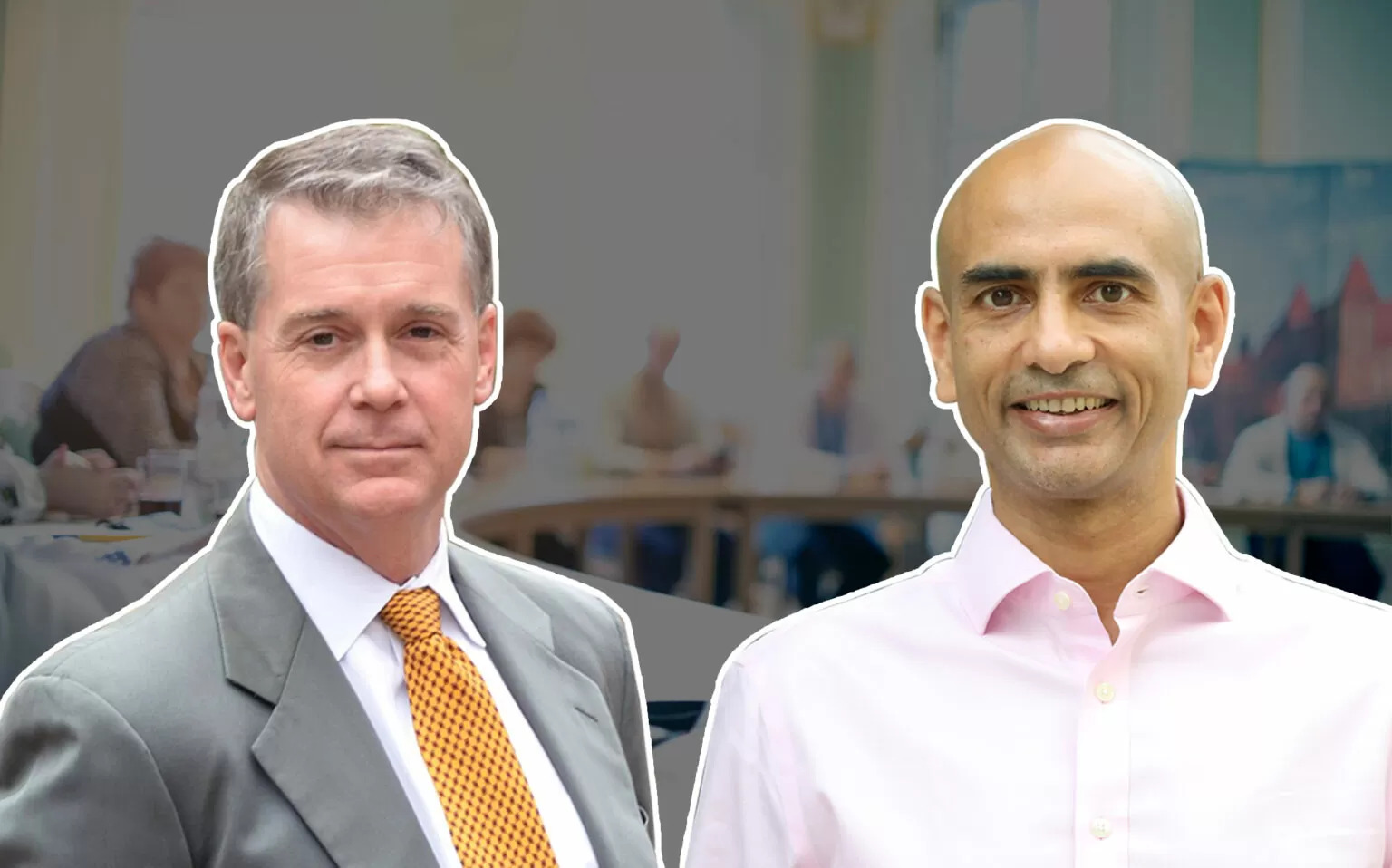What lies ahead for Indian foreign policy in 2015?
In 2014, India saw a more dynamic foreign policy than in the preceding decade. Shortly after his swearing-in, Prime Minister Narendra Modi embarked on a series of international visits, in order to chart an ambitious new foreign policy course to power India’s economic development and enhance its global standing.
With some of the groundwork done, what should India’s foreign policy priorities be in 2015? The goals are both domestic and global. Gateway House’s team of experts list their top foreign policy objectives for India in the new year.
Geoeconomics
Free Trade Agreements: Push for increased service exports, primarily through the instrumentality of Free Trade Agreements (FTA).
Foreign Direct Investment (FDI): Implement a “one-window solution” for foreign investors, to improve ease of doing business in India and achieve higher levels of FDI in manufacturing.
Tax Reforms: Make the tax regime business-friendly by implementing the Goods and Service Tax (GST) and easing direct tax laws.
— Rajrishi Singhal, Senior Geoeconomics Fellow
Geopolitics
India-China: Sustain Chinese interest in Indian infrastructure, so it translates into investment, and leverage this in its relationship with Russia and Pakistan. It is important that India is not viewed as an aggressor for China, as this will reduce Delhi’s strategic space internationally.
South Asian Association for Regional Cooperation (SAARC): Retain primacy within SAARC to ensure China is not given a more prominent role within the grouping and India is able to constrain Pakistan on security issues.
India-US: Expand economic, political and defense relations with the US and its allies — Japan, Australia and the European Union — so as to increase India’s strategic space and leverage.
— Neelam Deo, Director, Gateway House
National Security
National Counter-terrorism Centre: Implement the long-pending proposal of a National Counter-terrorism Centre for intelligence analysis and coordination between the different security agencies.
“Make in India”: Invigorate private sector involvement in defense by assigning India’s private shipyards in a large-scale defense shipbuilding order.
Privacy Bill: Expedite the introduction of the privacy bill in parliament with stringent provisions for surveillance and data protection.
— Sameer Patil, Associate Fellow, National Security and Terrorism Studies
Energy
Diversification: Tie up natural gas supplies from the US, Canada, Russia and Australia to diversify away from West Asia and from crude oil.
Expand economic, political and defense relations with the US and its allies — Japan, Australia and the European Union — so as to increase India’s strategic space and leverage.
Hydro-power: Expedite investments in hydropower in Nepal, in order to develop it as a long-term source of hydropower for India.
Nuclear power plants: Push for financial closure and the completion of nuclear power plants planned with Russia, the US and French companies.
— Amit Bhandari, Fellow, Energy and Environment
Climate Change
Climate Summit in December 2015: In the build-up to the summit, play a leading role in rallying other developing countries to keep up the pressure on developed nations to create carbon-emission shares on a per capita basis.
Domestic: Internally, undertake an ambitious and urgent shift toward renewable energy as an essential tool for the long-term, sustained growth of the Indian economy.
Economic democracy: Encourage international and domestic investments that expand India’s manufacturing and services in a geographically and demographically dispersed manner.
— Rajni Bakshi, Senior Gandhi Peace Fellow
Latin America
Sign FTAs with Mexico, Colombia and Peru: Make exports competitive to take advantage of these growing markets, which also have similar agreements with other countries where our exports face tariffs.
Credit lines: Increase these by $200 million for projects, investments and joint ventures in Latin America, which currently has small credit lines compared to those provided to Africa and Asia.
Rejuvenate the India-Brazil partnership: As well as the IBSA alliance by inviting Brazilian President Dilma Rousseff to India for a bilateral visit following the IBSA summit, which India will host in 2015.
— R. Viswanathan, Distinguished Fellow, Latin American Studies
*[This article was originally published by Fair Observer’s content partner, Gateway House.]
The views expressed in this article are the author’s own and do not necessarily reflect Fair Observer’s editorial policy.
For more than 10 years, Fair Observer has been free, fair and independent. No billionaire owns us, no advertisers control us. We are a reader-supported nonprofit. Unlike many other publications, we keep our content free for readers regardless of where they live or whether they can afford to pay. We have no paywalls and no ads.
In the post-truth era of fake news, echo chambers and filter bubbles, we publish a plurality of perspectives from around the world. Anyone can publish with us, but everyone goes through a rigorous editorial process. So, you get fact-checked, well-reasoned content instead of noise.
We publish 2,500+ voices from 90+ countries. We also conduct education and training programs
on subjects ranging from digital media and journalism to writing and critical thinking. This
doesn’t come cheap. Servers, editors, trainers and web developers cost
money.
Please consider supporting us on a regular basis as a recurring donor or a
sustaining member.
Support Fair Observer
We rely on your support for our independence, diversity and quality.
Will you support FO’s journalism?
We rely on your support for our independence, diversity and quality.







